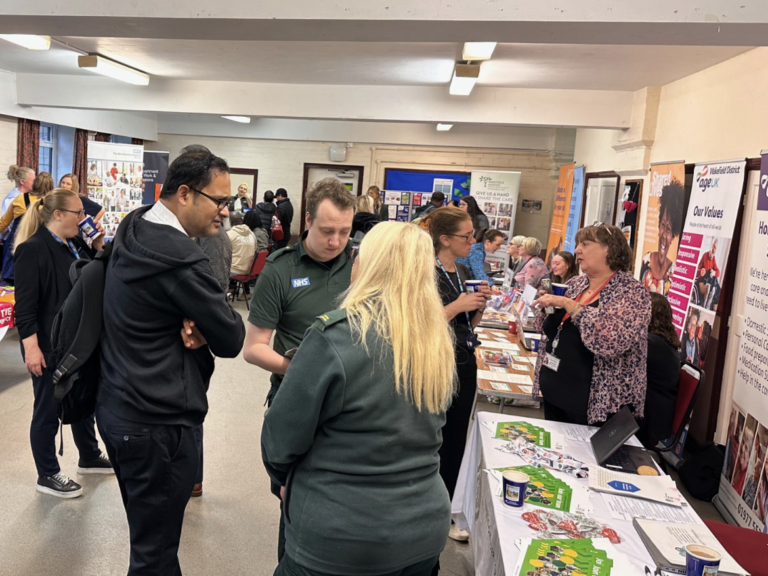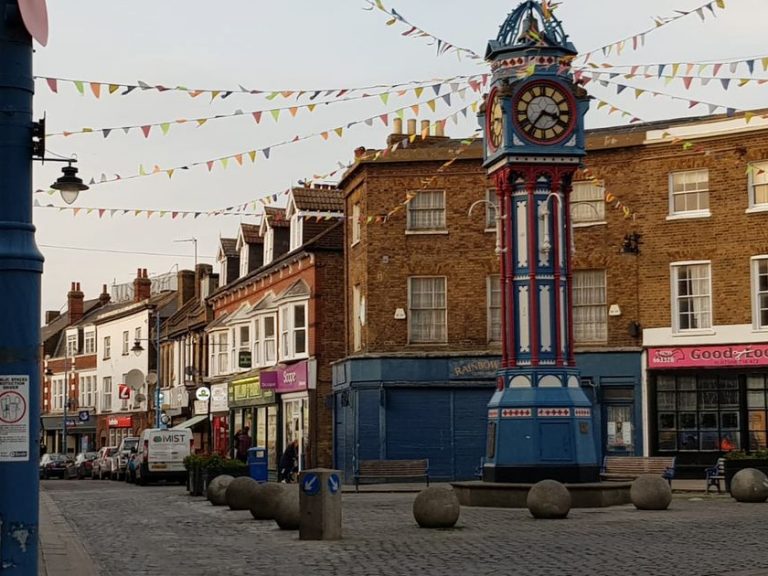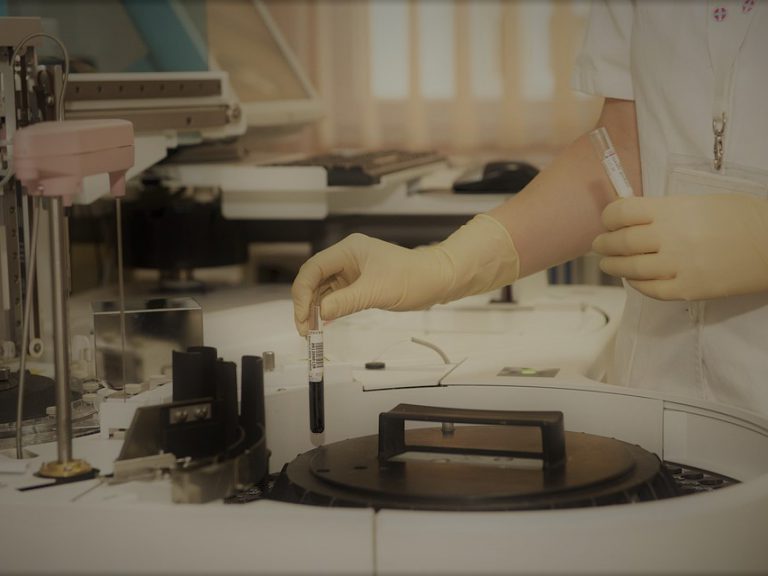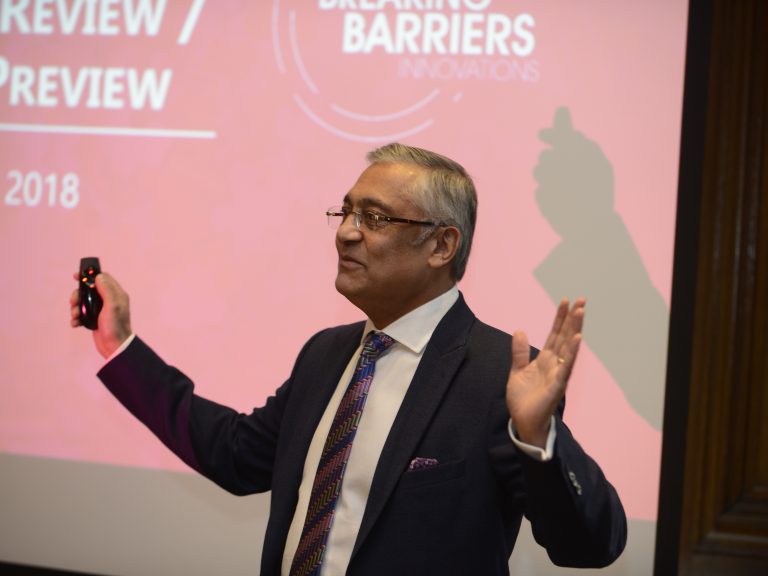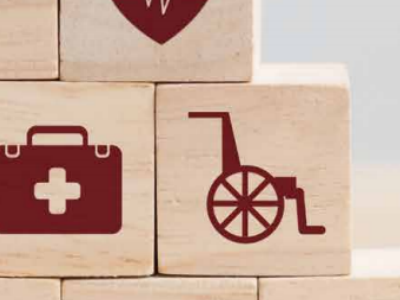Security of Supply: Lessons from the PPE Crisis
Simon Lydiard is a BBI Associate and a former senior civil servant, with experience of procurement in several government departments, including the Ministry of Defence. Here he offers some thoughts and potential solutions to speed up the procurement of PPE.
The word unprecedented has been widely used in relation to the Coronavirus crisis. But whilst it may have been unprecedented, it was not unpredicted. The government ran an exercise modelling its response to a pandemic in 2016, with a pandemic being the top risk on the government’s National Security Risk Assessment for some time. The 2019 assessment identified the need for certain kinds of supplies to be available, stating a requirement for an “advanced purchasing arrangement for those [countermeasures] that cannot be acquired in advance”.
Considerable criticism has been directed at the government and the NHS’s logistics and procurement response. Even the military – so far one of the few participants in the national response to have attracted unalloyed admiration – have criticised the NHS’s logistics operation.
I know this may sound trite, but I wouldn’t have started from here. The stockpiling of essential requirements, in particular Personal Protective Equipment (PPE), has been allowed to run down over the past decade. As it turns out, that was a bad risk to take.
One concept central to the military is “security of supply”. Knowing that equipment and materiel will be available at the point of need. In particular, the ability to respond to “surge” – an unexpected requirement to increase supply. One means of ensuring this is to ensure that essential manufacturing capability is available in the UK. The last decade has seen not just the run-down of stockpiles (a result of austerity), but also the degradation of the UK’s national manufacturing capability for PPE. It seemed liked sound economics – when overseas manufacturers could manufacture at lower cost, why pay more to UK producers? But the risk was that a surge, when it came – as sadly it has – could not be met. So, some thought should be given to an industrial strategy for essential medical requirements such as PPE – to ensure a national capability that will guarantee security of supply.
That idea is for the future. So, what can we do now?
We have heard reports of many UK companies offering to sell PPE and other essential items to the government and NHS who have given up waiting for a response and simply sold their goods to other countries. Part of the government’s response is to suggest that not all of the items being offered would meet the stringent requirements necessary – and that may well be true in some cases, but demonstrably not in all. It is not surprising that the government and NHS were overwhelmed by the volume of offers. Of course, that could have been addressed by the previous issue I discussed – security of supply and UK capability, through pre-qualifying potential suppliers so that their goods could be procured during a surge. Since that has not happened, there are other ways that the situation could be mitigated.
To address the obvious over-stretch of the government and NHS’s logistics and procurement capability, I’d suggest the civilian equivalent of “reserve forces”. In other words, recently-left procurement and logistics staff could be kept “on the books” and reactivated at a time of national need. This has already happened with health professionals, and could be done by members of other professions who have the capability and willingness to help. Indeed, there are bound to be many thousands of individuals who have already responded to the call for national volunteers who have the professional capabilities to fulfil such roles. Maybe a survey of existing volunteers could identify those individuals.
Even if the numbers of appropriately skilled individuals were available, we then come to the oft-criticised bureaucracy of public procurement. Is it possible to buy fast enough to meet the need? A potential solution here is to equip volunteers with a Government Procurement Card (GPC). Often misunderstood as a credit card, the GPC is merely a payment card. It can be locked to certain “merchant categories” so that it can only be used to buy specific goods and can have spending limits imposed by transaction as well as in total. So, properly used and controlled, it can present limited risk of loss or fraud.
By combining a volunteer force of recently-left or retired professionals with a GPC-enabled procurement process, it should be possible to deploy those individuals on a regional basis. Perhaps each individual could have responsibility for responding to “offers” from firms in a particular area defined by post code. A portal could be established enabling firms to connect to procurement volunteers by entering their post code and ticking a checklist of required PPE and other equipment (supported by simple specifications). That checklist could be updated by the NHS and other end-users, to show the kind and numbers of equipment required. A phone call or exchange of emails could then result in an agreement on whether or not to procure, and a contract being placed using the GPC.
It has become increasingly clear that the “front line” of NHS, social care staff, and other essential workers are being sent into “battle” without the right equipment. Fast and creative thinking is required now to protect the front line.
Simon Lydiard is a BBI Associate and a former senior civil servant, with experience of procurement in several government departments, including the Ministry of Defence.


